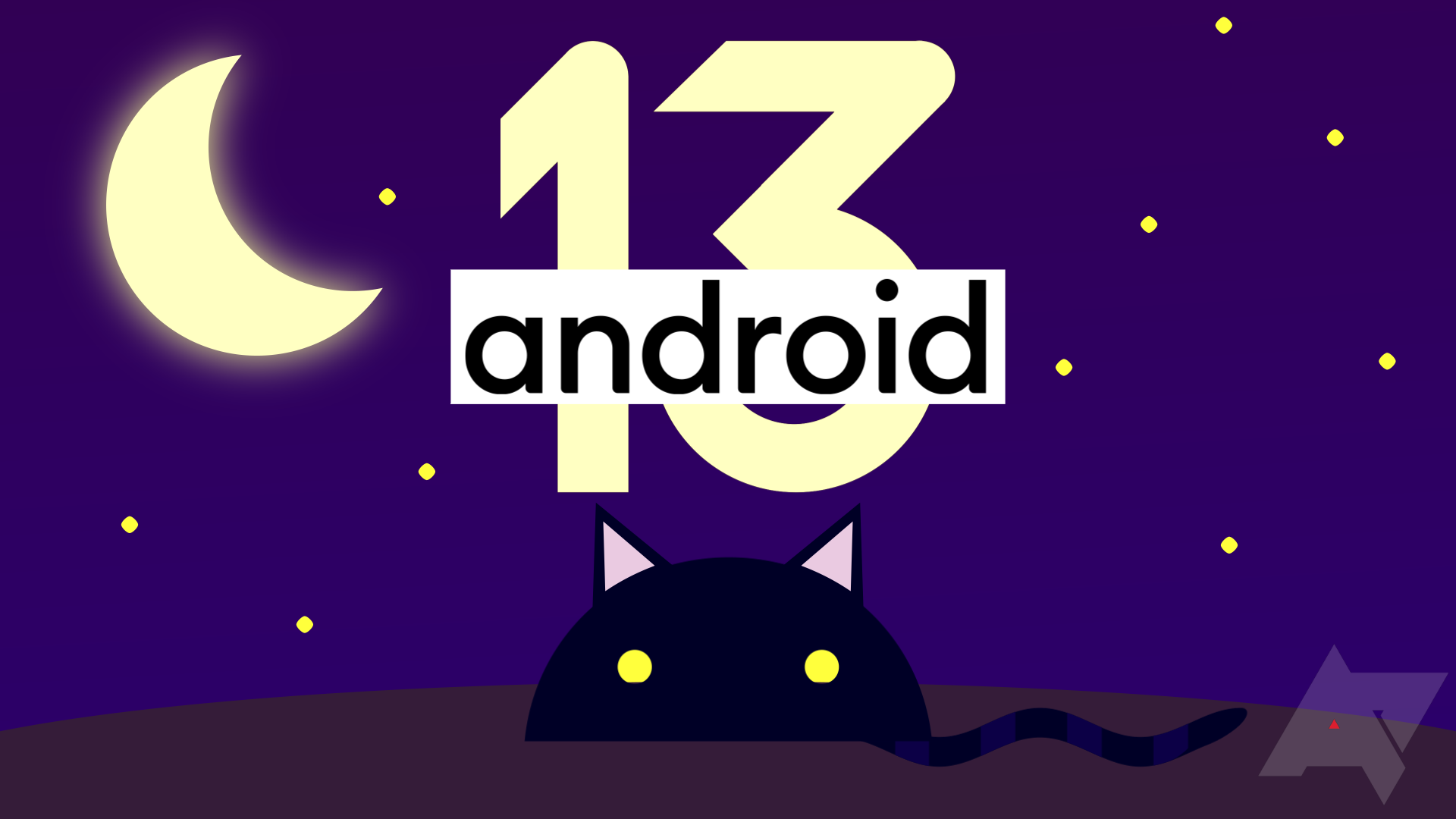One of the most hyped changes for Android 13 was the change to its notification system, which would require apps to explicitly prompt users into opting-in to receive notifications, as on iPhones. In essence, apps would need your permission before they are allowed to bother you. It's a big change, and it turns out developers have plenty of time to plan for it. According to Esper.io's Mishaal Rahman, the adjustment will only affect apps that target the Android 13 API (level 33). In more practical terms, that means developers have years to ignore it, and customers probably won't see the benefits until then.
For context, Google's Play Store requires that apps distributed through it meet certain minimum requirements. One of them is a minimum target SDK API level — basically, they need to be made to meet the requirements of a relatively recent version of Android. A long time ago, some low-effort app developers like Snapchat abused older APIs to distribute substandard apps, and some developers used older requirements to work around limitations imposed on more recent versions.
Curtailing all that, Google now has a rolling API requirement, currently targeting Android 11 and API level 30, and that number gets increased every year. This fall, it will likely be incremented to require Android 12 and API level 31, with a bump to Android 13 and level 33 the following year. (API level 32 is Android 12L, which seems like it will be a mid-term release and probably won't add an extra year, as mid-term updates previously didn't factor in on this change.)
The Android 13 permissions dialog for notifications, as of a pre-release verison.
According to Rahman, apps that target API level 32 or lower (Android 12L and below) won't be required to implement this permission change. Based on a reasonable estimate of that Play Store minimum target API schedule, that means developers likely have until mid/late 2023 at least to update their apps to accommodate this new permission, or potentially longer if Google decides to hold back on enforcing it — that has happened before.
This would be a huge change, but the odds are some developers won't be happy about it. Notification spam is a problem, and even if outright advertisements are technically against Google's rules, plenty of the spam messages free apps and games spit to drive engagement (and therefore revenue) nearly qualify. It's not quite an apples-to-apples comparison (pun intended), but Apple has proven that the opt-in vs opt-out effect on its ad tracking change made a big difference, this could spur similar positive change when it comes to reclaiming the notification shade.
For developers, that means they have a reprieve to ignore the change until the last minute, as most big-app developers usually do. For customers, that means the benefits of Android 13's notification permissions probably won't manifest until some time in the last half of 2023 or later when apps have to make the change to stay on the Play Store.


